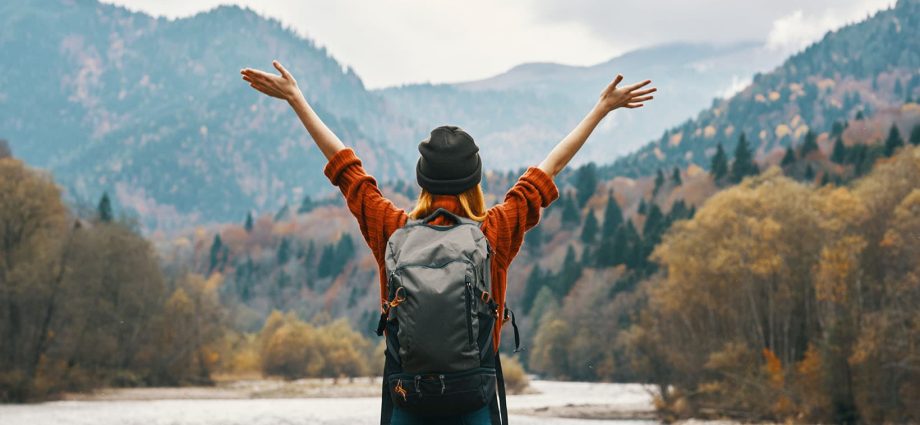Adopting the philosophy of slow travel allows for deeper engagement with any destination, including interactions with locals, tasting authentic cuisine, and engaging in cultural activities.
Experience rejuvenation while on vacation through exploring local parks or hiking a nearby mountain. This can also be achieved through spa services.
Embracing a Relaxed Pace
Slow travel is a growing trend that emphasizes immersive experiences, sustainability and cultivating meaningful connections with local cultures. It encourages travelers to savor every moment and prioritize wellbeing over hectic schedules for a more fulfilling vacation experience.
Traveling slowly allows you to fully experience the culture and cuisine of your destination, sample local delicacies, and participate in cultural activities. In addition, this type of trip offers you an opportunity to learn some of the language spoken there as well as establish meaningful relationships with its residents while appreciating their unique way of life.
Slow travel can also benefit your mental wellbeing by relieving stress and anxiety, encouraging minimalism, allowing you to pack only essential items and leave behind items that add unnecessary bulk in your luggage, thus leaving a lighter environmental footprint behind you. Furthermore, its slower pace allows travelers to rest more effectively during their trip, lessening chances of burnout – one reason it has been coined “Wellbeing Tourism.”
Embracing Immersive Experiences
Adopting slow travel allows you to fully immerse yourself in your destination. Instead of simply visiting as many sites as possible, slow travel gives you time to discover more of a place through its people, cuisine, music and way of life.
Take cooking classes, visit local markets or attend cultural festivals; save some time for wilderness exploration; take part in an eco-friendly activity like hiking or cycling; or just sit by a lake or beach to watch the sun go down.
Slow travel is accessible and affordable to even those on tight time and budgets, making this form of exploration accessible and meaningful for anyone – not only rich and wealthy travellers. By adopting slow travel culture, travelers can take part in creating a better world with each journey taken – creating memories that matter while contributing to creating a sustainable planet! Slow travel benefits both its traveller as well as its destination!
Embracing the Local Community
Slow travelers often choose to remain longer in one location than most tourists do, providing an opportunity to make connections with locals and fellow travelers as well as gain more authentic insights into local culture than simply ticking off famous attractions on a tour guide list.
Interacting with local communities helps boost their economies. Spending money at restaurants or staying through home exchange programs or purchasing locally produced goods all help keep tourism sustainable.
Another way to make travel more sustainable is by leaving no waste behind you. This could mean picking up plastic bottles on walks, switching to bamboo cutlery or limiting electronics use. Traveling during off season may also help lower costs by keeping away from popular attractions and decreasing tourism numbers nearby; also save by cooking meals at your accommodation rather than eating out every night!
Embracing Spontaneity
As travelers adopt the slow travel mindset, they become more open to unplanned adventures. This could involve sitting longer at an eatery that catches their eye or attending local concerts or plays; participating in cultural-immersion activities like food tours and language exchanges with locals might also give rise to unexpected adventures.
As part of their socially responsible travel experience, your customers may benefit from selecting locally-owned guesthouses or homestays over larger hotels to foster authentic interactions between communities and individual travelers. By connecting directly with hosts while learning more about regional traditions and cuisine, this form of travel may prove more enriching.
Receptive to slow travel mindset can also help lower your carbon footprint by encouraging responsible travel by staying put for longer in one location rather than jumping from destination to destination. Furthermore, using public transportation and buying local products or services will encourage sustainable economic development in your locale.

